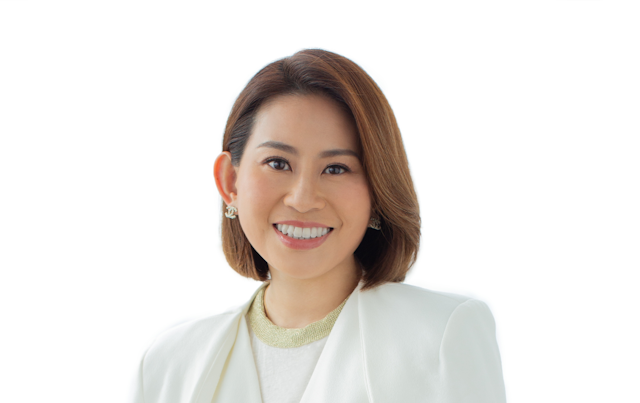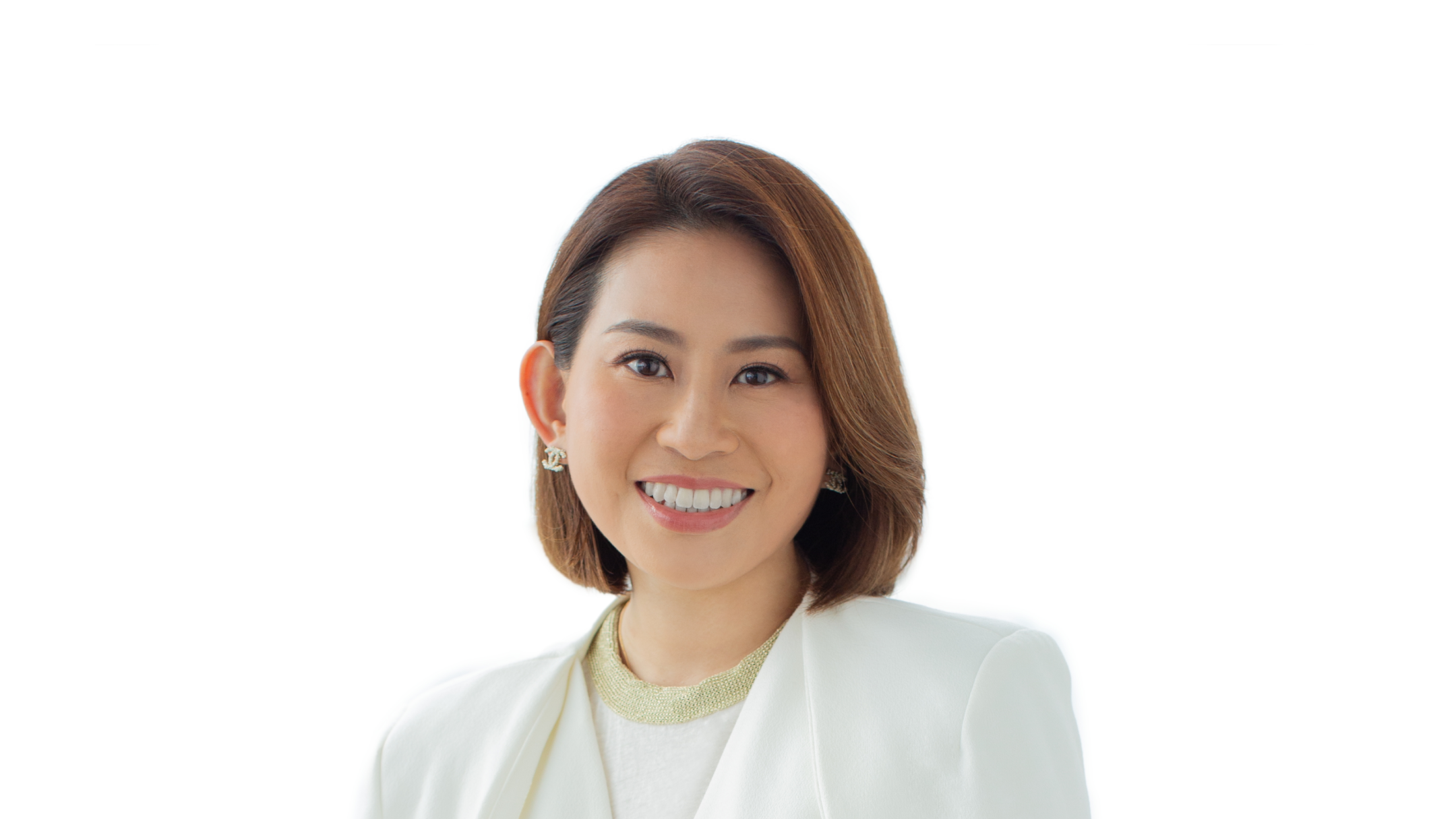Meet Dr Sharon Foo, the newest addition to Thomson's team of Obstetrics and Gynecology (O&G) specialists. In this Q&A, we delve into Dr Sharon's background, experiences, and insights into the world of O&G and high-risk obstetrics.
Background
Dr Sharon Foo is a Maternal Fetal Medicine Consultant with Thomson Specialists (Paragon). She brings over 12 years of expertise in O&G, with a special interest in high-risk obstetrics, operative obstetrics, peri-partum, and maternal medicine.
Dr Foo graduated from University College London (UK) in 2009 and subsequently obtained her Master's qualification in O&G from the Royal College of Obstetricians and Gynaecologists (MRCOG) in the UK in 2016.
Prior to joining Thomson Medical, Dr Foo served as a Maternal Fetal Medicine specialist at KK Women's and Children's Hospital (Singapore).
Q&A
1) With numerous medical specialties available, what drew you to specialise in O&G? Were there specific experiences or aspects that influenced your choice?
During my House Officer (HO) year, I gained exposure to various medical disciplines, including General Surgery and General Medicine. However, it was my six-month posting in Neonatology that left an indelible mark on my professional journey. This experience of observing the care provided to high-risk newborns, deepened my appreciation for neonatal intensivists and shed light on the harrowing journey parents undergo. It fostered greater compassion, influencing how I counsel couples and journey with them throughout the antenatal period.
I chose Maternal Fetal Medicine as my subspeciality due to my keen interest in high-risk obstetrics. Pregnancy, inherently laden with stress, becomes even more challenging when coupled with maternal or fetal risk factors and complications.
I enjoy challenges and each pregnancy is a unique challenge I embrace. In a difficult pregnancy, caring for a mother and her fetus, ensuring safe delivery and bringing her baby into the world in the best possible condition, is the driving force behind my passion for my work. In addition, welcoming a baby into the world, hearing their first cry, and witnessing the sheer delight in parents' eyes remains an ever-rewarding experience.
While my expertise lies in obstetrics, I find fulfillment in the diverse scope of obstetrics and gynecology — a discipline that spans medical and surgical dimensions, addressing all stages of womanhood. Beyond symptoms and diagnosis, my role extends to managing difficult emotions, guiding women through challenges, and ensuring their overall wellness. Trusting me with intimate health details, I take immense pride in maintaining confidentiality.
2) Reflecting on your career, what has been your most rewarding or memorable experience as a gynecologist thus far?
There are so many!! These moments have made all the hard days in between truly worth it!
The most memorable one remains a perimortem cesarean section for a mother who collapsed from pregnancy complications at ~34 weeks. Having to convey the dire situation to the husband, preparing him for the potential loss of both mother and baby, it was an emotionally taxing experience. We had to do 11 mins of CPR before her pulse came back. I did the c-section while she had no spontaneous pulse or breathing. Thankfully, the baby survived and the mum made a full recovery after some time in ICU.
Another occasion that deeply touched me was when a patient, unable to receive regional anesthesia, entered a state of hysteria during the intense pains of the second stage of labour. Struggling to calm her down and narrowly avoiding being kicked in the face, I managed to ensure a safe delivery. During the postnatal rounds, I saw her nursing her baby with a radiant smile. That was immensely gratifying. She thanked me for helping her through delivery and bringing her daughter safely into the world. To my surprise, she asked me what's my Chinese name, and said she would name her daughter the same, aspiring for her to grow up to become a doctor helping other mummies during their labour.
Another notable one involves a high-risk and complicated pregnancy. This patient was pregnant for the first time at the age of 45. In addition, she had multiple large fibroids, adding complexity to her c-section. Despite these challenges, she successfully delivered her son. Since then, she has brought him to see me every year and thanks me for helping her through her pregnancy and giving her their “miracle baby”.
Equally memorable was a couple facing the complexities of a monochorionic twin pregnancy. This requires them to come for weekly scans. Each visit was filled with anxiety as I watched the babies like a hawk. I had to deliver the mother prematurely at around 35 weeks, and thankfully both twins were healthy. When I went to inform the father outside of the operating theatre, he cried tears of joy and he gave me a hug spontaneously.
Lastly, in the early days of the COVID-19 pandemic, I had to wear PARP to deliver an infected patient. It was her first pregnancy. Unfortunately, she could not have a birth companion due to COVID-19 guidelines. We tried to appeal to MOH to no avail. She had been transferred to me from another institution, and as a result, we had not yet met in person and it was impossible to tell what I looked like with all my protective gear on. To bridge the physical distance, we facilitated a video call with her husband, placing the phone on the nightstand next to her so she could see his face and hear his reassuring voice. When I showed them their baby girl for the first time, both of them burst into tears. That moment was filled with so many emotions. She only saw me in person for the first time during her postnatal visit six weeks later. During this follow-up, her husband’s voice broke a little as he thanked me for the care provided to his wife during labour and delivery. They came back to me for their second pregnancy and this time round, her husband was finally able to be by her side to welcome their newborn son together.
3) When it comes to childbirth, do you have a preferred method or approach that you find particularly beneficial for both the mother and the baby?
My primary goal is to facilitate a normal vaginal delivery for mothers. When required, I may opt for an operative vaginal delivery or assisted delivery. However, in some cases, an elective or emergency cesarean section is the safest approach.
4) For women experiencing their first pregnancy, what valuable advice would you offer to ensure a healthy and positive experience?
- Enjoy the pregnancy as it's a life-changing experience.
- Acknowledge that your body will undergo changes, and it can be physically challenging on some days.
- Set boundaries for your mental well-being, avoiding being overwhelmed by excessive information and other's opinions.
5) Patients often have questions and misconceptions. What are some common myths or misconceptions you've encountered from your patients regarding women's health and pregnancy?
One of the most common misconceptions is the fear that engaging in physical activity may harm the pregnancy. Some women believe bed rest is necessary, unaware that it can increase the risk of potentially life-threatening thromboembolic events. While we would caution against contact or extreme sports, maintaining pre-pregnancy activity levels helps to maintain muscle health and ease of labour. It's important to listen to your body, adjusting activity levels accordingly. It is completely fine, and in fact encouraged, to keep up with physical exercise.
6) In your experience, are there specific women's diseases or health issues that tend to be overlooked or underestimated, and why do you think that is?
Maternal mental well-being. Many women focus on the physical aspects of pregnancy care and might even put additional pressure on themselves to do everything “perfectly” as they desire to give the baby the best possible environment to grow in. It's important to recognise that poor prenatal maternal mental health is associated with poor obstetric outcomes and also major consequences beyond that.
7) What do you consider to be the most prevalent health issues women face today, and how frequently would you recommend women have a general check-up with a gynecologist for overall well-being?
Positive health is not simply the absence of symptoms. We are here to help women achieve health and wellness through different stages of womanhood. A yearly visit, coupled with staying updated on cervical and breast cancer screenings, is highly recommended.
8) What do you think the biggest change has been in healthcare for women and pregnancy today compared to during our parents' or grandparents' time?
As more women choose to embark on pregnancy later in life, a range of anxieties surfaces, encompassing concerns about fertility, maternal and fetal risks during pregnancy, fears related to labour complications, and post-natal recovery. Recognising the uniqueness of each woman and her pregnancy, we must actively listen to her individual needs and tailor care accordingly.
In the past, it was much harder to access information. This might be the reason why doctors tend to be more paternalistic and patients had a lot less autonomy. Now, we have the opposite problem where there is an information overload on the internet. Patients grapple with discerning accurate sources. Thus, it becomes crucial for healthcare providers to present accurate information, helping patients make informed decisions through a shared decision-making process.
Dr Sharon Foo Anqi
Obstetrics & Gynaecology (O&G)
Thomson Specialists Paragon (Women's Health)
English, Mandarin

